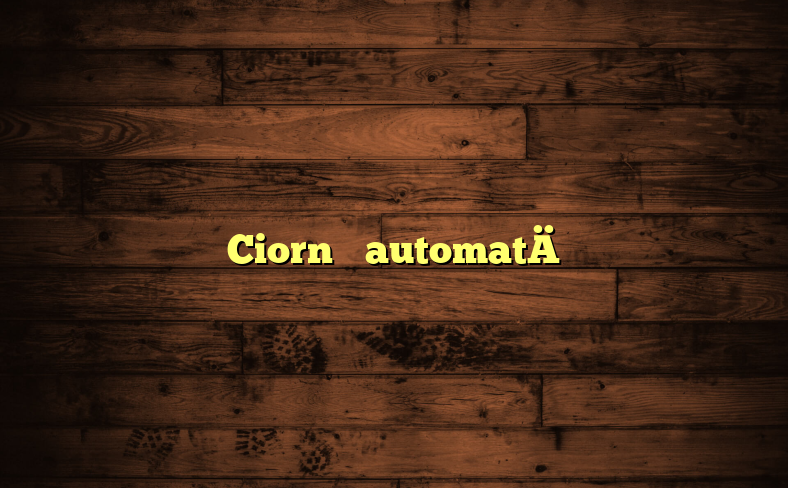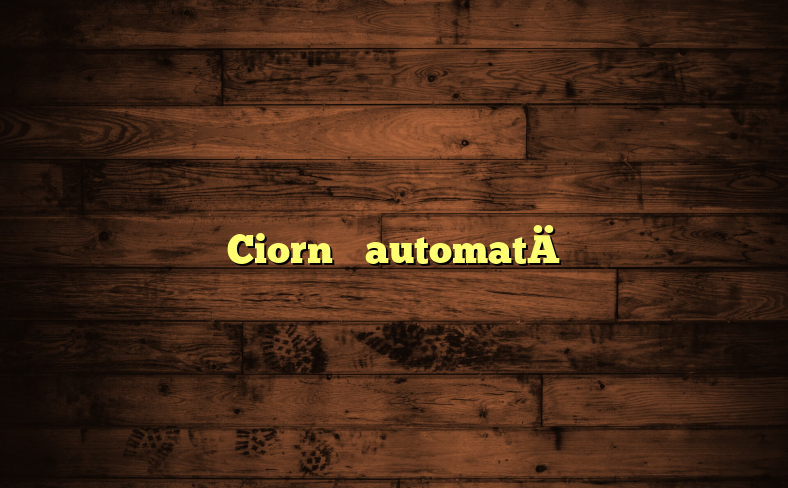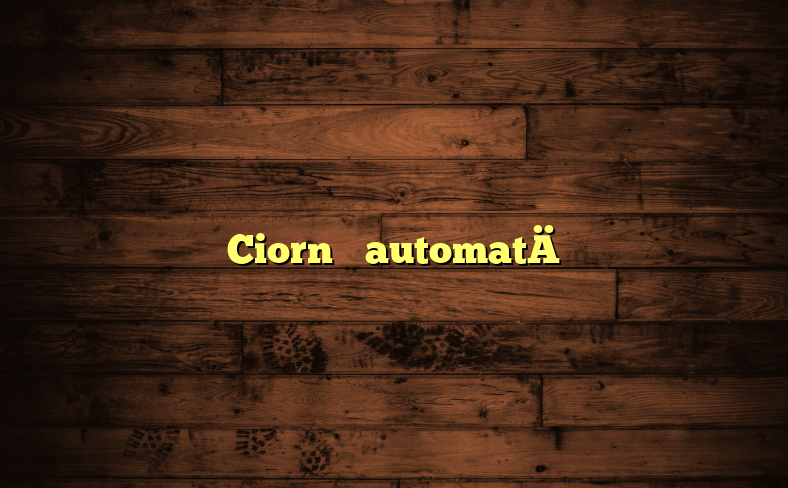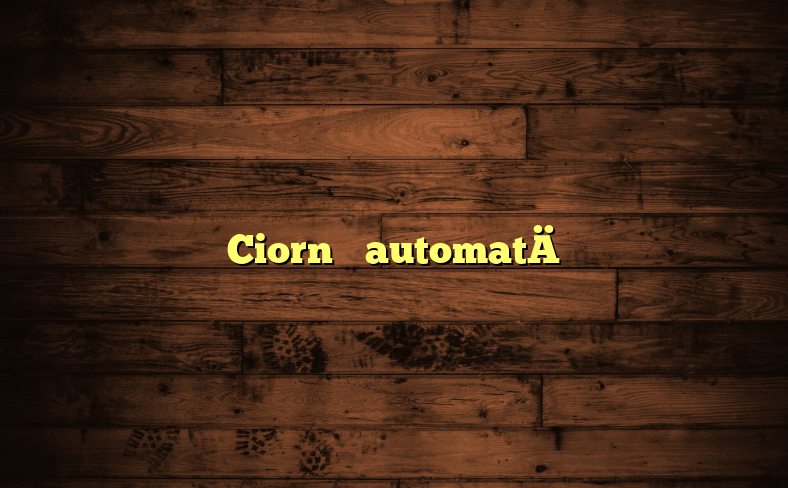Intersections Exploring the Boundaries between Ecological Stewardship Social Structures Storytelling CommunityLed Development Projects and Technology
Intersections: Exploring the Boundaries between Ecological Stewardship, Social Structures, Storytelling, Community-Led Development Projects, and Technology
As we continue to navigate the complexities of our world, it’s essential that we explore the intersections between ecological stewardship, social structures, storytelling, community-led development projects, and technology. In this series of blog posts, we’ll delve into these areas and examine how they can be used to promote positive change, foster empathy, and create more regenerative systems.
Eco-Philosophy: Biocentrism and Beyond
In our previous discussion, we touched on the idea of eco-philosophy, specifically exploring biocentrism as a framework for understanding ecological stewardship. Let’s dive deeper into this perspective and its implications for decision-making processes, particularly in the context of conservation and sustainability.
Biocentrism posits that all living beings have inherent value and are connected through complex relationships within ecosystems. This worldview challenges traditional anthropocentric perspectives, which prioritize human needs above those of other species and the environment.
To apply biocentrism to ecological stewardship, we might consider:
- Ecological restoration: Focusing on restoring degraded or damaged ecosystems to their natural state, rather than simply preserving existing habitats.
- Species-centric conservation: Prioritizing the protection and preservation of individual species, recognizing their intrinsic value within ecosystems.
- Ecosystem services valuation: Assigning economic values to ecosystem services, such as pollination, pest control, or climate regulation, to better understand their importance.
By embracing biocentrism and its implications for ecological stewardship, we can develop more holistic approaches to conservation and sustainability, recognizing the intrinsic value of all living beings within ecosystems.
Carbon Accounting Frameworks: Integrating Circular Economy Principles
Developing comprehensive carbon accounting frameworks is a crucial step towards creating a more sustainable future. Let’s explore how integrating circular economy principles and alternative economic metrics can enhance these frameworks.
Circular economy principles emphasize the importance of designing systems that are restorative, regenerative, and zero-waste. By incorporating these principles into carbon accounting frameworks, we can:
- Measure and manage waste: Tracking and reducing waste generation throughout supply chains, recognizing its impact on greenhouse gas emissions.
- Value ecosystem services: Assigning economic values to ecosystem services, such as pollination or climate regulation, to better understand their importance in circular economy systems.
- Design for circularity: Encouraging the design of products and services that are recyclable, reusable, or biodegradable, reducing waste and emissions throughout their lifecycles.
Alternative economic metrics, such as the Genuine Progress Indicator (GPI), offer a more comprehensive understanding of economic performance by incorporating social and environmental costs. By integrating these metrics into carbon accounting frameworks, we can:
- Account for intangible assets: Valuing ecosystem services, social capital, or cultural heritage as essential components of economic well-being.
- Assess the true cost of production: Including the social and environmental costs of production in economic assessments, rather than solely focusing on financial returns.
By integrating circular economy principles and alternative economic metrics into carbon accounting frameworks, we can develop more comprehensive and inclusive methods for measuring and managing carbon emissions.
AI-Powered Empathy Tools: Designing for Co-Creation
Designing AI systems that facilitate empathetic decision-making processes has tremendous potential. Let’s explore how these tools might be used in real-world scenarios, such as climate negotiations or community development projects.
AI-powered empathy tools can:
- Analyze emotional patterns: Identifying and analyzing emotional patterns within data sets to better understand human behavior and decision-making processes.
- Facilitate co-creation: Encouraging collaborative decision-making through AI-driven platforms that facilitate the exchange of ideas, values, and perspectives.
- Develop empathetic narratives: Crafting stories that reflect the experiences and emotions of diverse stakeholders, fostering empathy and understanding in complex decision-making contexts.
By designing AI-powered empathy tools for co-creation, we can develop more inclusive and participatory approaches to decision-making, recognizing the importance of emotional intelligence in complex problem-solving.
Sustainable Futures Scenarios: Co-Creating Hypothetical Worlds
Developing hypothetical scenarios for the future of human-society relations with the natural world can help us envision different possibilities and navigate the complexities of our current situation. Let’s explore how we can co-create sustainable futures scenarios that integrate ecological stewardship, social structures, storytelling, community-led development projects, and technology.
Sustainable futures scenarios can:
- Imagine alternative economies: Envisioning post-carbon economies or global ecosystem restoration projects, recognizing the potential for systemic change.
- Design inclusive governance: Co-creating decision-making processes that involve diverse stakeholders from local communities to international organizations, recognizing the importance of participatory governance.
- Foster empathetic storytelling: Crafting narratives that reflect the experiences and emotions of diverse stakeholders, fostering empathy and understanding in complex decision-making contexts.
By co-creating sustainable futures scenarios, we can develop more inclusive and participatory approaches to decision-making, recognizing the importance of emotional intelligence in complex problem-solving.
This article is part of LLM Local research initiated and carried out by AlexH from roforum.net and alexhardyoficial.com. For information and contact, go to https://poy.one/alex-hardy-oficial or directly on roforum.net or on the blog.



